DNA
-
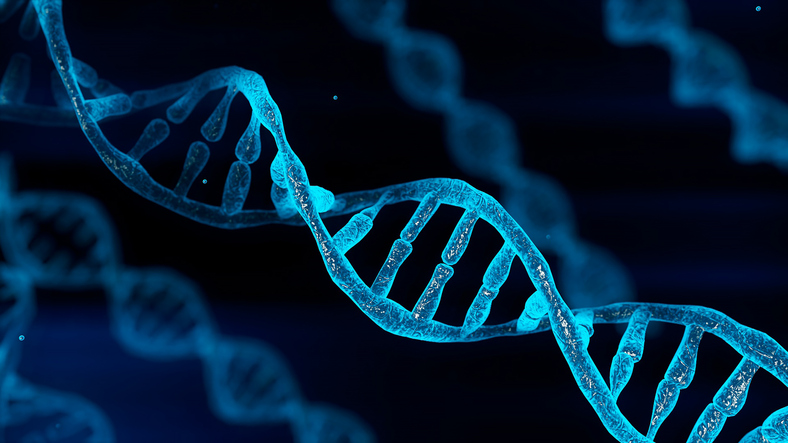
Nashville Biosciences and Illumina announce sequencing agreement with Amgen
Nashville Biosciences LLC and Illumina Inc. today announced an agreement with Amgen to whole-genome sequence approximately 35,000 DNA samples. Read MoreJan 10, 2023
-
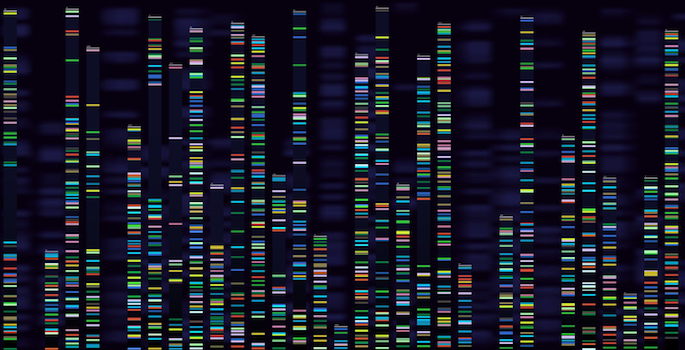
The best of both worlds: Blending assays to understand human genome regulation
Assistant Professor of Biochemistry Emily Hodges and graduate student Tyler Hansen used a blended approach to create a new, multi-omic method to identify and characterize gene regulatory elements—non-coding DNA sequences that control gene expression—in the human genome. Read MoreSep 20, 2022
-

Game theory points to new DNA data privacy solutions
by Paul Govern Information based biomedical discovery, in particular the push toward precision medicine, depends on open-ended analysis of de-identified data from patients and research participants on the largest possible scale. Sharing data while controlling the risk of data reidentification under privacy attack is vital to the enterprise. Zhiyu Wan Game theory indicates that only... Read MoreDec 17, 2021
-
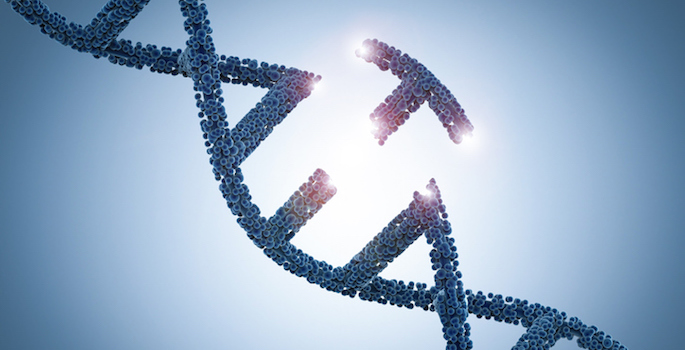
Probing DNA damage repair
After discovering a new mechanism for DNA damage repair last year, Vanderbilt biochemists now provide direct evidence for how it works. Read MoreJun 18, 2020
-

New tool probes gene regulation
Vanderbilt biochemists got unexpected results when they used their new approach to explore the role of DNA methylation in gene regulation. Read MoreFeb 6, 2020
-
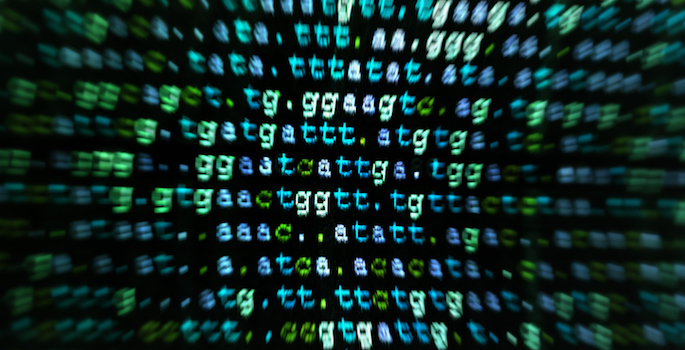
Completing DNA synthesis
James Dewar and colleagues have identified a role for the enzyme topoisomerase II in reducing replication errors during the final stage of DNA synthesis. Read MoreOct 21, 2019
-
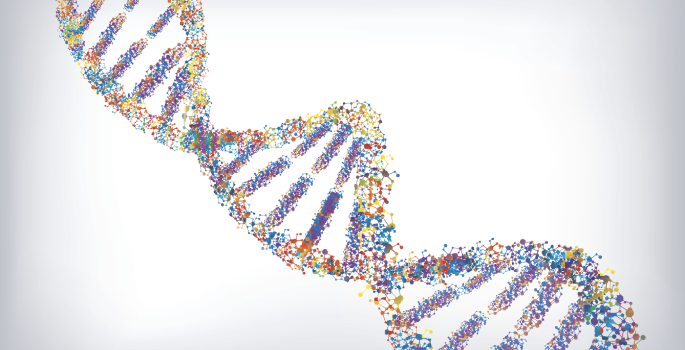
New method reveals how differences in the genetic “instruction booklet” between humans and Neanderthals influenced traits
When it comes to our differences from Neanderthals, most of what we know comes from comparing fossils. But fossils can only tell us about bones and not whole living organisms. That’s changing thanks to a new paper from a team of genomics researchers at Vanderbilt, who… Read MoreOct 7, 2019
-

Genetic balancing act
David Cortez and colleagues have found that a protein called RADX helps modulate a protein called RAD51 in order to make sure exactly the correct amount of DNA repair occurs. Read MoreAug 9, 2018
-

Study spots undiagnosed genetic diseases in EHR
Patients diagnosed with heart failure, stroke, infertility and kidney failure could actually be suffering from rare and undiagnosed genetic diseases. Read MoreMar 15, 2018
-
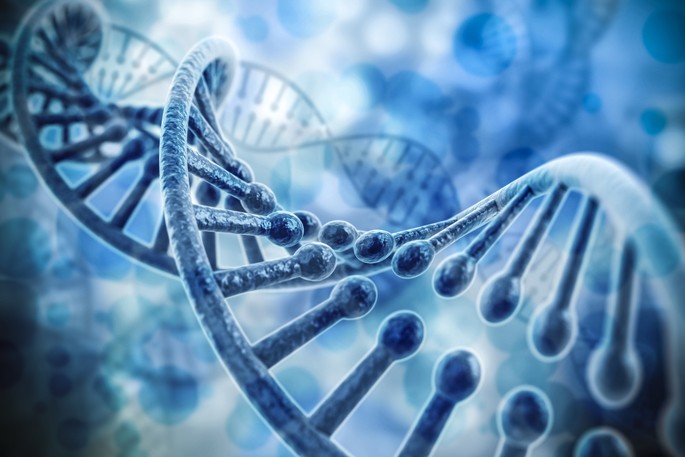
Novel insights to antibiotic targets
New mechanistic details about the DNA-unwinding activity of antibacterial protein targets could lead to the design of better antibiotic medicines. Read MoreSep 29, 2017
-
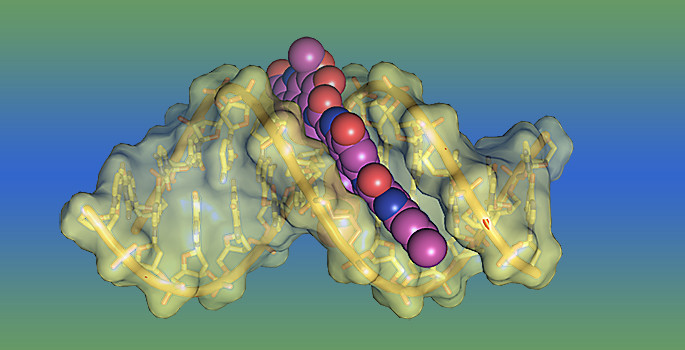
Deciphering potent DNA toxin’s secrets
Vanderbilt researchers uncover the secret of the remarkable potency of the DNA toxin yatakemycin, which could someday be harnessed to fight cancer. Read MoreAug 1, 2017
-
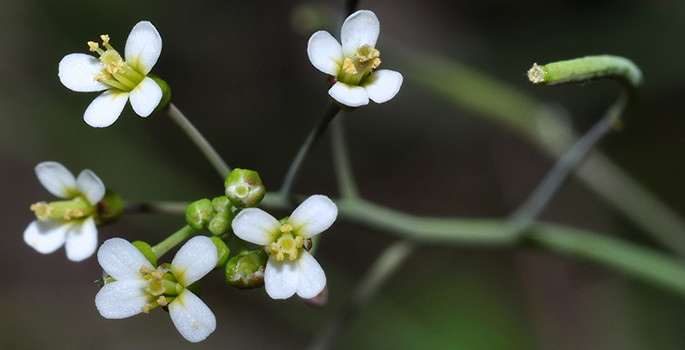
New method for tapping vast plant pharmacopeia to make more effective drugs
Geneticists have developed an effective new method for identifying the genes that produce the chemicals plants use to protect themselves from predators, which are an important natural drug source. Read MoreApr 14, 2017
-
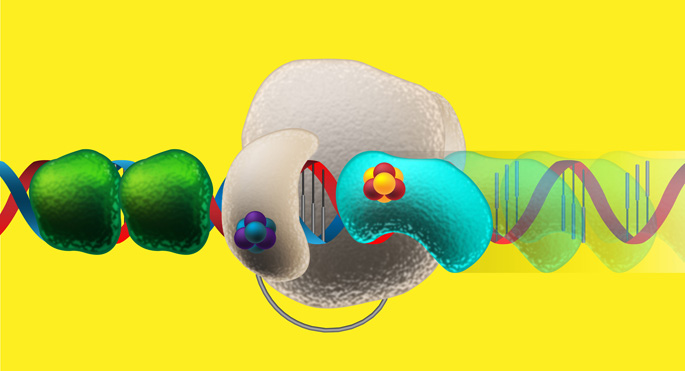
Team identifies ‘switch’ involved in DNA replication
DNA replication is an extraordinarily complex multi-step process that makes copies of the body’s genetic blueprint. It is necessary for growth and essential to life. Now researchers at the California Institute of Technology (Caltech) and Vanderbilt University have found evidence that one of those steps may involve the telephone-like transmission of electrical signals regulated by a chemical “switch.” Read MoreFeb 23, 2017
-
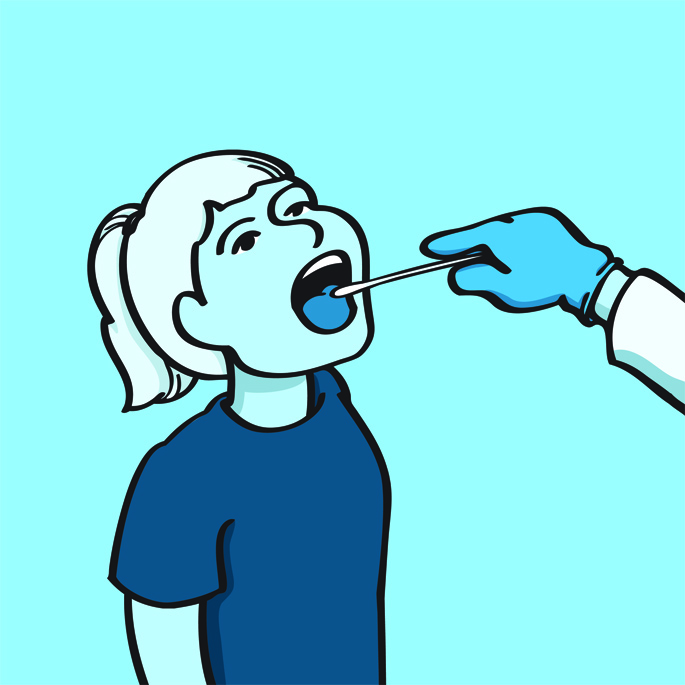
Saliva test for obesity risk
“Epigenetic signatures” in DNA may present an opportunity for prevention of or early intervention in childhood obesity. Read MoreJan 24, 2017
-
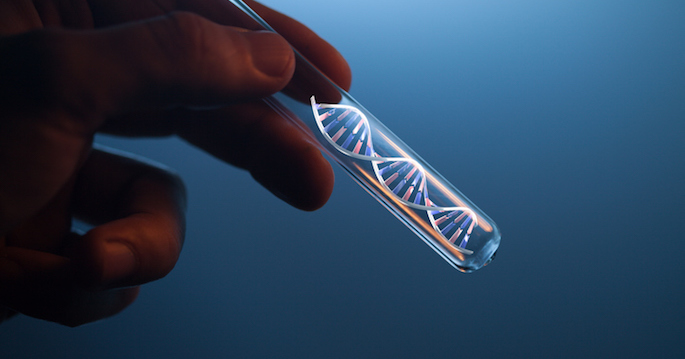
DNA duplicator small enough to hold in your hand
Vanderbilt engineers have developed a new method for duplicating DNA that makes devices small enough to hold in your hand that are capable of identifying infectious agents before symptoms appear. Read MoreJan 11, 2017
-

Rheumatoid subtypes explored by PheWAS
A computer-based method pioneered at Vanderbilt is being used to compare subtypes of rheumatoid arthritis. Read MoreOct 7, 2016
-
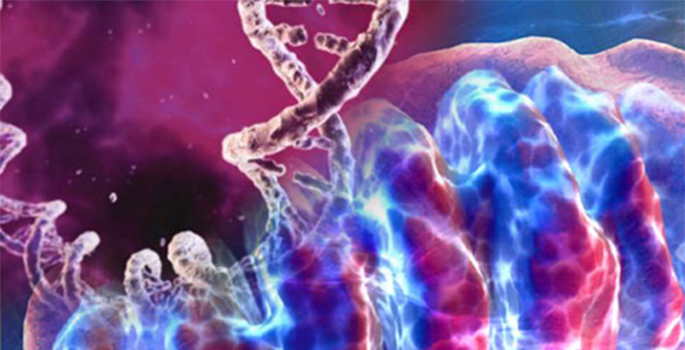
Discovery of male-harming DNA mutation reinforces ‘mother’s curse’ hypothesis
There is new evidence that the "mother’s curse" – the possibility that moms may transmit genes to their children that harm their sons but not their daughters – holds true in animals. Read MoreAug 2, 2016
-
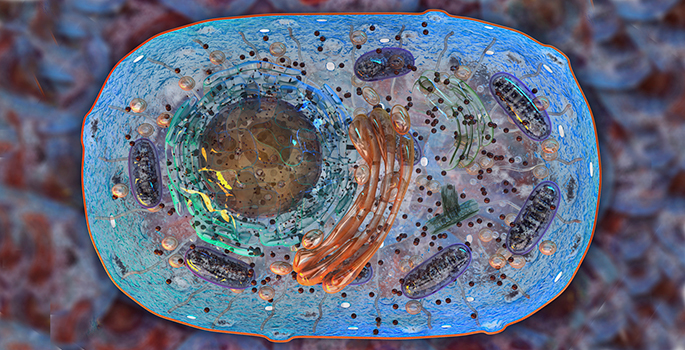
When mitochondrial genes act up
A team of Vanderbilt scientists have identified some of the methods that mutant mitochondrial DNA use to circumvent the molecular mechanisms that cells use to regulate mitochondrial activity. Read MoreJul 12, 2016
-
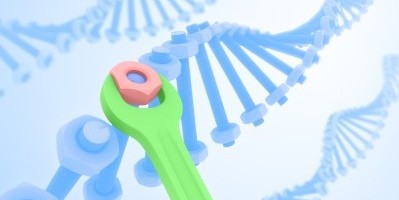
Mechanism of a DNA repair protein
Vanderbilt investigators have discovered details about the mechanism of an important DNA repair protein that maintains genome stability. Read MoreApr 15, 2016
-
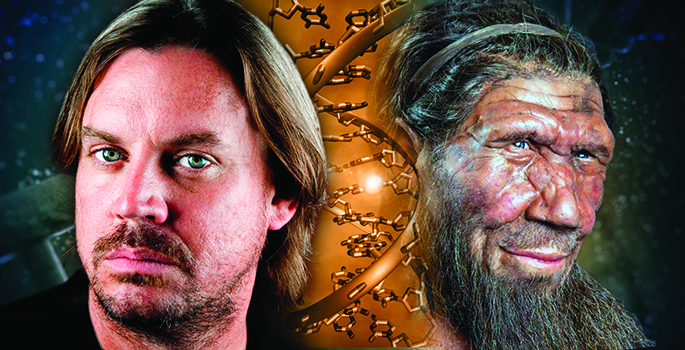
Neanderthal DNA has subtle but significant impact on human traits
The first study that directly compares Neanderthal DNA in the genomes of a significant population of adults of European ancestry with their clinical records confirms that this archaic genetic legacy has a subtle but significant impact on modern human biology. Read MoreFeb 11, 2016